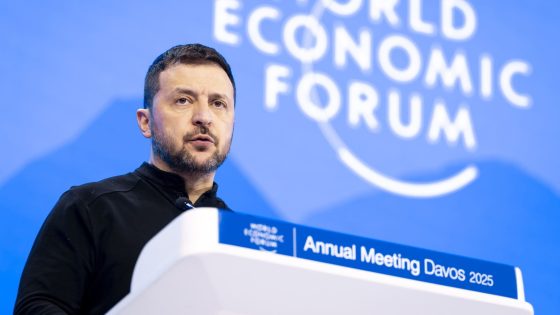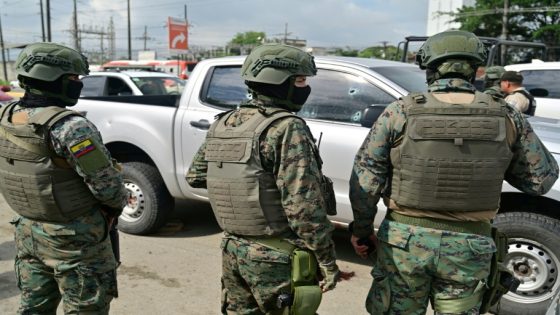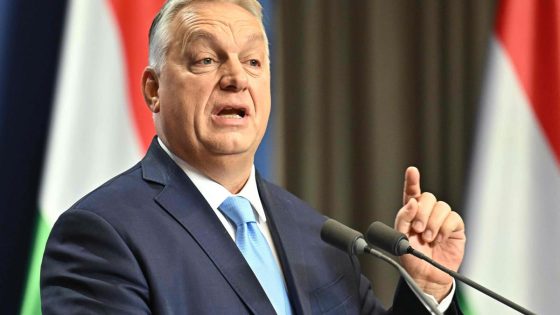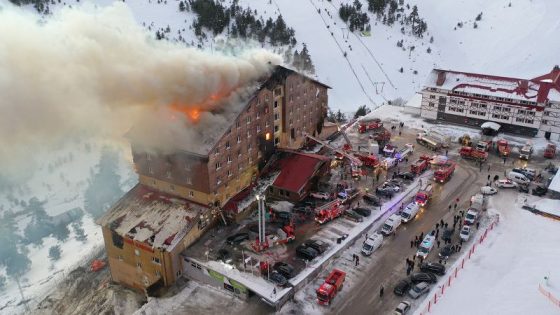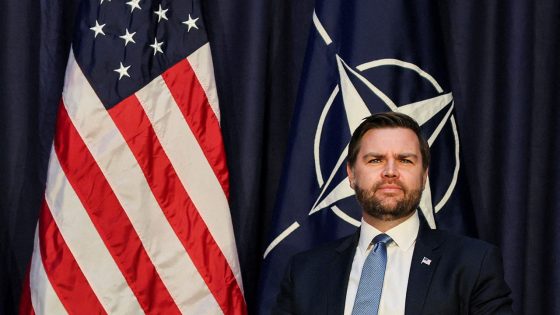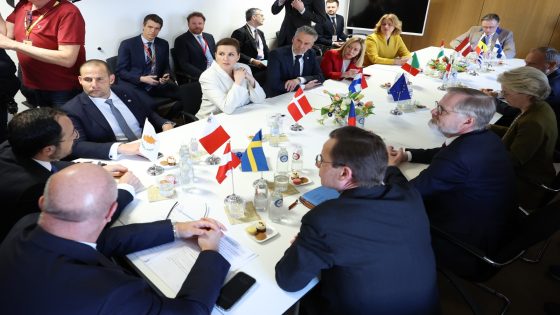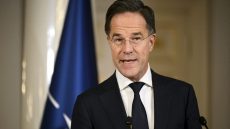On January 21, 2025, Ukrainian President Volodymyr Zelenskyy raised concerns regarding U.S. President Donald Trump’s attention to Europe during a press conference. Zelenskyy questioned the U.S. commitment to Europe’s future, emphasizing the importance of transatlantic relations amid ongoing geopolitical tensions.
- Zelenskyy questions Trump's awareness of Europe.
- U.S. commitment to Europe's future debated.
- Post-war security requires 200,000 peacekeepers.
- Trump urged to enhance U.S. energy influence.
- Zelenskyy expresses concerns about NATO support.
Zelenskyy’s comments come at a time when Europe faces numerous challenges, including security threats from Russia and economic instability. The Ukrainian leader’s remarks reflect a broader anxiety among European leaders regarding the reliability of U.S. support. Zelenskyy emphasized the need for a strong partnership between the U.S. and Europe to address these pressing issues.
In addition to questioning U.S. commitment, Zelenskyy highlighted the necessity for a robust security framework in Europe. He suggested that any post-war security guarantees for Ukraine would require a substantial presence of international peacekeepers, estimating a need for at least 200,000 personnel. This figure underscores the ongoing volatility in the region and the critical role of international cooperation.
- Zelenskyy questions Trump’s focus on Europe.
- Concerns about U.S. commitment to European security.
- Need for 200,000 peacekeepers for post-war stability.
As tensions persist, Zelenskyy’s statements serve as a call to action for both U.S. and European leaders to reaffirm their commitments to mutual security and cooperation. The outcome of these discussions could significantly influence the future stability of Europe and its relationship with the united states.
In summary, Zelenskyy’s remarks highlight the critical need for a unified approach to European security, emphasizing the importance of U.S. involvement in addressing ongoing challenges. The dialogue between U.S. and European leaders will be essential in shaping the future of transatlantic relations.



